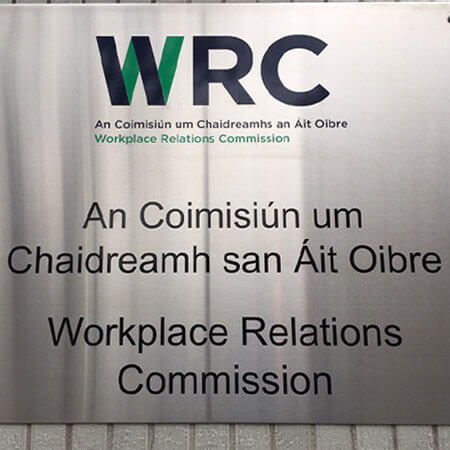According to CSO figures there were approximately 25,500 job vacancies at the end of Q3 2023, down by 8,100 from the end of Q3 2022.. The job vacancy rate currently stands at around 1.2%. The Professional, Scientific & Technical Activities sector had the highest job vacancy rate at 2.8% in Q3 2023, followed by 2.6% in the Public Administration & Defence sector.
Recent research from IrishJobs.ie also suggests that vacancies are increasing across most industries. It highlights particularly strong growth in business and financial services, such as accounting, finance, banking, insurance, HR, marketing and administration. There is continued job creation in the IT sector too.
So what does this all mean? Well, despite its small size, it shows that plenty of job opportunities are available in Ireland. There are still some pressing skill shortages and stats on working in Dublin show that thousands of non-EEA citizens received employment permits in 2020 – in spite of the pandemic.
Getting a job in Ireland is relatively straightforward, especially if you’re an EU citizen. However, every country has their own unique employment scenes and customs – and Ireland is no different. It will take some time for workers coming to Dublin to learn the ins and outs of employment in Ireland. They may have to complete some extra paperwork to secure their job offers too.
Luckily we’ve got all the information you’ll need to take up employment in Ireland without any hiccups. From employment law through to qualification recognition, we’ve got everything you need to know.
Check out the articles below for all the things you should know about employment in Ireland.





